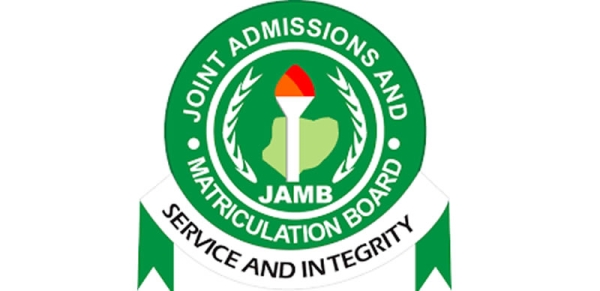The Joint Admissions and Matriculation Board (JAMB) has announced that the results of 379,000 candidates who sat for the rescheduled Unified Tertiary Matriculation Examination (UTME) between Friday and Monday will be released on Wednesday.
This follows the board’s earlier decision to reschedule the exams after widespread concerns over mass failure during the initial UTME.
Recalls that the board admitted to technical and human errors, especially in Lagos and the South-East, which significantly impacted the performance of candidates.
Out of the 1.9 million candidates who sat for this year’s UTME, over 1.5 million scored below 200 marks out of a possible 400, raising alarm across various educational circles.
In response, JAMB launched an investigation into the mass failure and discovered several issues in its systems, which were attributed to both technical and human errors.
JAMB Registrar, Ishaq Oloyede, publicly accepted responsibility for the errors, expressing regret over the situation and announcing a resit for the affected candidates. In a heartfelt address, Oloyede shed tears while acknowledging the failings in the system and promising to address the issues.
Speaking to Punch on Monday, JAMB’s spokesperson, Fabian Benjamin, confirmed that the results of the rescheduled exams would be released on Wednesday. He stated, “The results of the candidates who took the rescheduled exam will be released on Wednesday.”
Earlier, Oloyede disclosed that 379,997 candidates in Lagos and the five South-East states were affected by the UTME glitches. Specifically, 206,610 candidates in 65 centres across Lagos and 173,387 candidates in 92 centres in the South-East zone were impacted.
Describing the situation as “sabotage,” Oloyede stated that affected candidates would begin receiving text notifications for the rescheduled exams starting last Thursday.
In the results from the initial UTME, a concerning statistic emerged: out of 1,955,069 results processed, only 4,756 candidates (0.24%) scored 320 and above. An additional 7,658 candidates (0.39%) scored between 300 and 319, bringing the total number of top-tier scorers (300 and above) to 12,414 (0.63%).
Meanwhile, 73,441 candidates (3.76%) scored between 250 and 299, and 334,560 candidates (17.11%) scored between 200 and 249. A larger portion, 983,187 candidates (50.29%), scored between 160 and 199, considered the minimum threshold for many institutions. T
he results also showed that 488,197 candidates (24.97%) scored between 140 and 159, while smaller numbers of candidates scored between 120 and 139, 100 and 119, and below 100.


